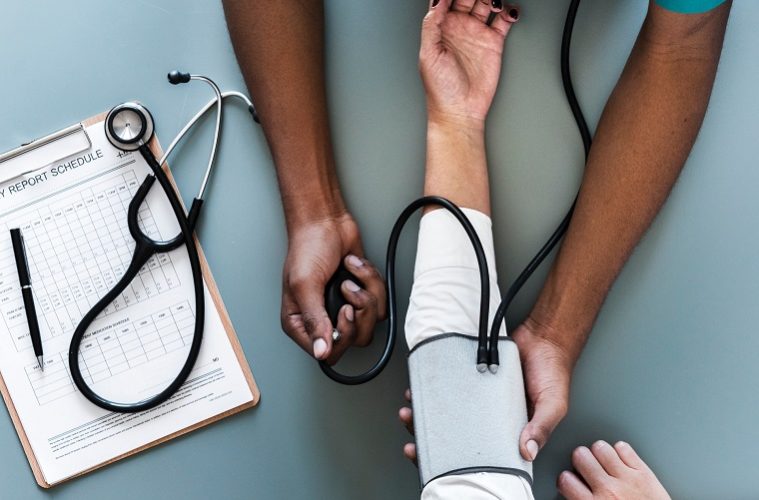You’ve heard of chlamydia and gonorrhoea but have you heard of the new guy on the sexual health scene? Mycoplasma! It has been around since the 80s but it is now thought to be the next superbug! It has been isolated in the genitalia, rectum and even respiratory tract but carriage in the throat seems to be rare. It is a sexually transmitted disease (vaginal and anal sex) but may not be spread through oral contact. It is transmitted through unprotected sex therefore using a condom is the best way to protect yourself. Younger age and multiple sexual partners are some of the risk factors. It is slightly more prevalent in women than men.
What is Mycoplasma?
Mycoplasma is a really common cause of non-specific urethritis in men. This is irritation of the urethra, the pipe that carries your urine out. Non-specific implies there is no gonorrhoea. This can mean discomfort in the penis, pain when passing urine, discharge and even testicular pain. In women, there are studies that show mycoplasma can cause bleeding after sex, inflammation of the cervix and pelvic inflammatory disease. There is also a link between mycoplasma and pre-term birth and spontaneous abortions. These symptoms are all much the same as what people might experience with chlamydia and gonorrhoea.
The majority of people however will not have any symptoms at all much like chlamydia. Guidelines published in 2018 says people who have a partner with mycoplasma but do not have symptoms should also be treated.
How do you get tested?
Testing is recommended in any one experiencing symptoms and current partners of persons infected with mycoplasma. It is not necessary to get tested if you are not having symptoms (unlike in chlamydia).
The most useful test is the first pass of urine in men and a vaginal swab in women. There is still not enough information on the incubation period so it is unclear when we should test for mycoplasma. It is widely accepted however, that sensitive tests will pick up early infection.
Can it be treated?
Fortunately, after all this doom and gloom, you will be pleased to hear mycoplasma can be treated with antibiotics, either a one off dose or a course of antibiotics. So make sure to get tested regularly as detection of mycoplasma is associated with other conditions such as chlamydia. It goes without saying that barrier protection is the best way to protect yourself from sexually transmitted diseases. Always practice safe sex.
Dr Preethi Daniel is Clinical Director at London Doctors Clinic





